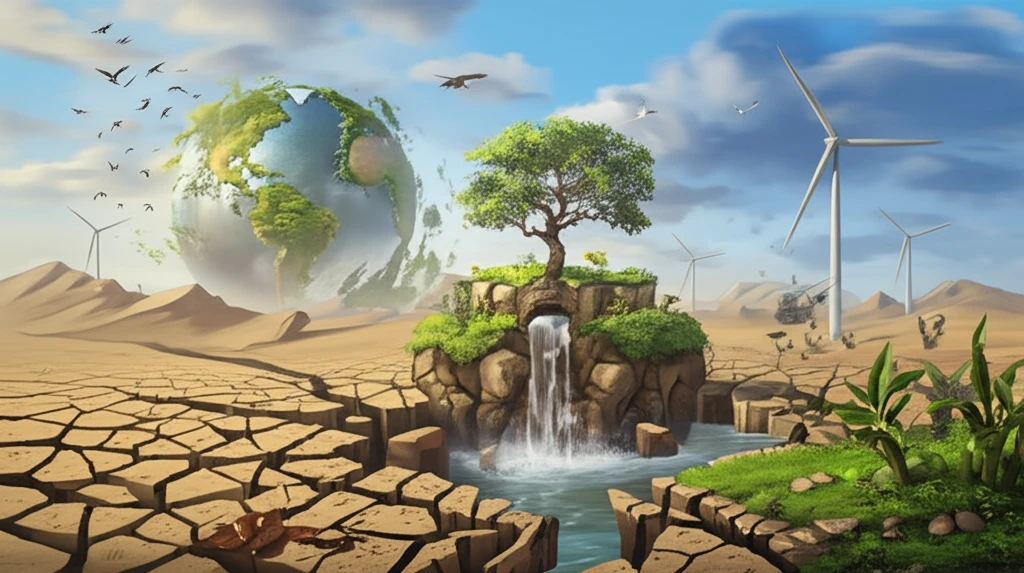
Is Jordan's Environmental Law Strong Enough? The Challenges and Way Forward
"A deep dive into Jordan's Environmental Protection Law No. 52 of 2006 and what it takes to truly protect its natural resources."
In a world grappling with climate change and environmental degradation, strong legal frameworks are more critical than ever. Jordan, a nation with unique ecological challenges, has taken steps to address these concerns through its Environmental Protection Law No. 52 of 2006. But is this law truly effective? This article delves into a comprehensive analysis of Jordan's environmental legislation, exploring its strengths, weaknesses, and the path toward a more sustainable future.
From the bustling streets of Amman to the arid landscapes of Wadi Rum, Jordan's environment faces a myriad of threats, including pollution, resource depletion, and the impacts of rapid development. The legal framework designed to protect this environment must be robust, adaptable, and effectively enforced. Understanding the intricacies of Jordan's environmental law is vital for anyone concerned about the nation's ecological health and sustainable development.
This analysis will explore the key components of the Environmental Protection Law, examining how it addresses critical issues such as pollution control, resource management, and the roles of various government and non-government entities. By identifying the challenges and proposing actionable recommendations, this article aims to contribute to a more informed discussion about environmental protection in Jordan.
The Core Issues Facing Jordan's Environment

Jordan's environment is under pressure from various sources, posing significant challenges to its sustainability. Pollution, stemming from industrial activities, urbanization, and improper waste disposal, contaminates air, water, and soil. Resource depletion, particularly of water, is a critical concern in this arid country. Uncontrolled exploitation of natural resources and unsustainable land use practices further exacerbate these issues.
- Overlapping Jurisdictions: Multiple laws and agencies have environmental responsibilities, causing confusion and hindering effective enforcement.
- Inadequate Penalties: Fines and punishments for environmental violations are often too low to deter offenders.
- Enforcement Challenges: Lack of resources and expertise within the judicial system impede the proper handling of environmental cases.
- Public Awareness: There is a need for better public understanding and engagement in environmental protection efforts.
Moving Forward: Recommendations for a Greener Jordan
To enhance environmental protection in Jordan, several key steps are necessary. Establishing specialized environmental courts will ensure that judges have the expertise to handle complex cases effectively. Strengthening penalties for environmental violations will deter offenders and demonstrate the seriousness of these crimes. Improving coordination among government agencies and clarifying their respective roles will streamline environmental management. Raising public awareness through education and outreach programs will foster a sense of responsibility and encourage citizen participation.
